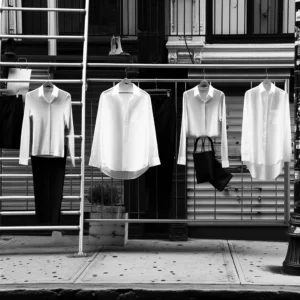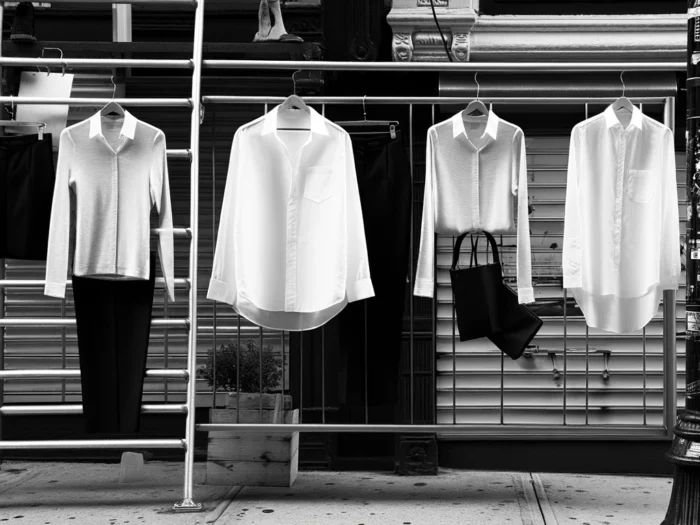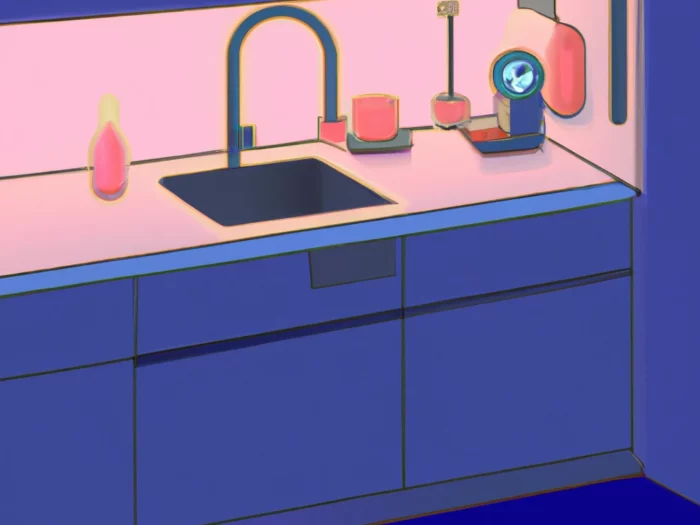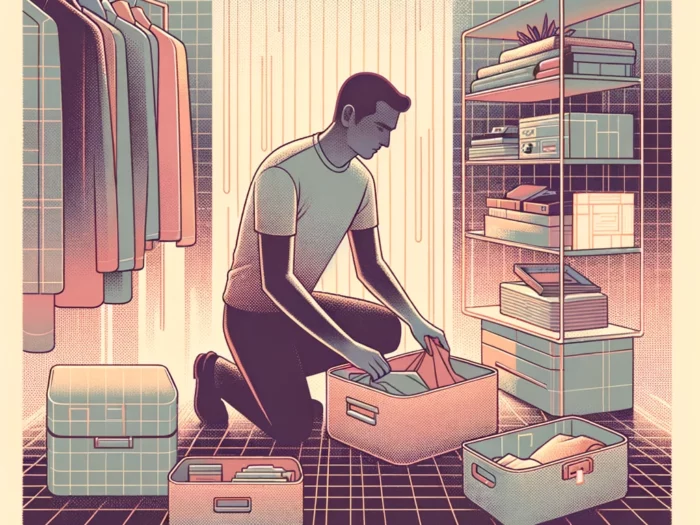I gave away 80% of all my Christmas decorations last year. Did I go too far? You’ve all heard the saying, “everything in moderation.” There’s a bucketload of truth in those words. Anything taken to an extreme can become an obsession. Even minimalism can be taken too far. Let’s practice minimalism with a little moderation.
What Is Minimalism?
Last year, I wrote a post called Minimalist or Pragmatist. I was struggling then, as I am now, with the term “minimalism” as a lifestyle description. First, the term was originally used to describe a specific style of art, music, or architecture. Second, there is no clear definition of a minimalist as a person. Third, it’s a label. Why do we humans always have to label ourselves?
Is a minimalist someone who owns less than 100 things? Is a minimalist someone who travels the world with nothing but a backpack? Do minimalists live in tiny houses? Maybe. Maybe not. Does it really matter?
Read this post: 5 Reasons The Tiny House Movement Is Doomed To Fail.
I consider myself one who finds ways to simplify life. I own relatively little compared to many Americans. I’m a consumer, but I don’t practice overconsumption. I live in a small house, but it’s more than 1000 square feet. I grow my own vegetables. I own two vehicles. One gets 50mpg. The other, a small truck, helps me get work done. Am I a minimalist? I’m not sure. But I am sure that I practice moderation in most areas of my life.
What Minimalists Are Saying About Minimalism
Joshua Becker of Becoming Minimalist wrote a list of 28 Benefits of Minimalism. I agree with most of them, but not the following:
- Benefit #12 – easier to entertain: I’m a musician. If I want to get a few friends together to play music, we need a little space. You can’t have a house concert in a 300-square-foot home.
- Benefit #13 – never have to go antiquing: I own several antiques. I don’t shop for expensive antiques. I buy simple, practical pieces that are made of solid wood and are less expensive than the more common cheap pressboard furniture. My antiques serve specific purposes. I consider them minimalist pieces of furniture. Read about how I save money and keep things simple with antiques.
- Benefit #20 – never have to organize a garage sale: I don’t care how little you have, you can always find a few things to sell. I had a small garage sale last summer, I saw that as part of being a minimalist by letting go of excess.
Here’s how Leo Babauta of Zen Habits describes minimalism on his site mnmlist.com:
A way to escape the excesses of the world around us – the excesses of consumerism, material possessions, clutter, having too much to do, too much debt, too many distractions, too much noise.
Although I agree with his description, as he continues to describe minimalist living, it feels like he goes on the defensive. He has to explain why he has six kids and has operated a plethora of websites. I understand. Sometimes I feel like I have to go on the defensive about owning two vehicles and more than five musical instruments. But should we really have to prove anything? No. We should just practice moderation as best we can.
Colin Wright from exilelifestyle.com describes minimalism as:
A reassessment of your priorities so that you can strip away the excess stuff.
That’s nice. But Colin has also blogged about living with less than 100 material possessions. That’s fun, but it’s extreme. It’s not minimalism in moderation.
The Minimalists once posted on Facebook:
We needn’t be attached to our home: It’s just a bunch of wood and stone and wires – it should not be a permanent fixture that defines you.
The response to that post was mostly negative. Why? Because although many of us can philosophically agree with the statement, home is an important place. It’s where we raise our children. It’s where we make memories. It’s part of who we are. But remember, The Minimalists don’t have kids.
Minimalism Should Be Practiced With Moderation
I’m not knocking any of these guys. I love what each of them is doing. I think they’re all spreading important messages about living with less, being intentional, and putting more emphasis on relationships than materialism. I agree with most of what they have to say. But perhaps we can take the message too far.
Did I really need to get rid of almost all my Christmas decorations last year? Like anything else, minimalism to an extreme becomes less valuable. It becomes something that’s seen as an oddity rather than a valid lifestyle choice. It can scream of shock value rather than sincerity.
So although I’ve often used the terms minimalism and minimalist on this blog, I want to be clear that I’m not referring to taking extreme measures. I’m all for focusing on living with less clutter. I’m all for practicing simple living in a way that makes us better human beings. I’m all for living in a way that’s more friendly to our environment. Am I a minimalist? Perhaps. But even in minimalism, I believe we can practice moderation.
If you’ve enjoyed this post and would like to learn more about simple living, I encourage you to read my free ebook: The Happiness Of Simple.













